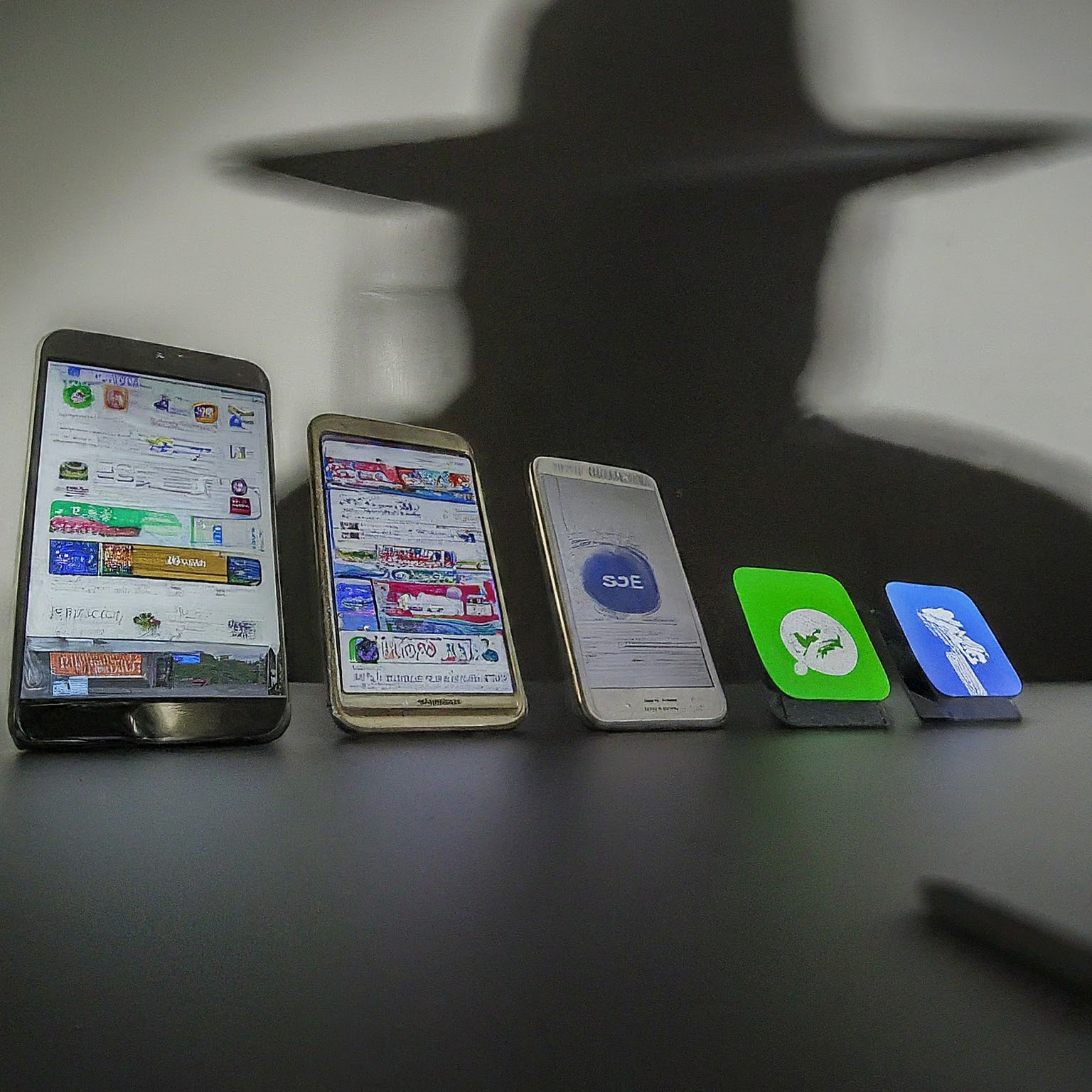In today’s digitally connected world, the desire for privacy in communication is paramount. But what is the most discreet texting app? This comprehensive guide explores various messaging apps that prioritize discretion, analyzing their features and limitations to help you choose the most suitable option for your needs.
Important Disclaimer: It’s crucial to understand that absolute discretion, especially in the digital realm, is incredibly difficult to achieve. Law enforcement with proper warrants can access communication data. This guide focuses on apps with features designed to enhance privacy, but it’s vital to use them responsibly and ethically.

The Discreet Texting App Landscape: Understanding Your Options
There are two primary categories of apps offering varying levels of discretion:
Vault Apps: These function as secure digital lockers on your phone. You can store text messages, photos, videos, and even entire apps within these vaults, protected by a password or biometric lock (fingerprint, facial recognition). While not technically texting apps, they offer a way to discreetly hide existing messages.
Private Messaging Apps: These are standalone messaging platforms with built-in privacy features. Messages exchanged within these apps are often encrypted, and some offer functionalities like disappearing messages or self-destructing chats, enhancing the level of discretion.
Exploring Vault Apps for Discreet Messaging:
Here’s a look at some popular vault apps and their functionalities:
Vault (Android) – A comprehensive app offering a secure space for messages, photos, and videos. Password or fingerprint protection keeps your hidden messages discreet.
Lockit (Android & iOS) – Provides a secure vault with additional features like a fake lock screen to further deter curious minds, adding a layer of plausible deniability.
KyMSpace (Android) – Focuses on user privacy, offering a secure vault alongside functionalities like private browsing and encrypted messaging, potentially appealing to users seeking a more comprehensive privacy solution.
Limitations of Vault Apps for Discreet Texting:
Not Designed for Real-Time Communication: Vault apps are primarily for storing existing messages, not real-time communication like traditional texting apps.
Potential Recovery Challenges: Some apps might have limited recovery options if you forget your password, rendering your hidden messages inaccessible.
Delving into Private Messaging Apps for Discreet Communication:
Let’s explore some popular private messaging apps and their features:
Signal (Android & iOS) – An open-source, end-to-end encrypted messaging app with a strong focus on user privacy. Disappearing messages and self-destructing media offer additional discretion.
Telegram (Android & iOS) – Offers end-to-end encryption for secret chats, allowing users to set timers for message deletion, adding a layer of impermanence.
Wickr Me (Android & iOS) – Prioritizes anonymity, featuring disappearing messages, encrypted calls, and optional two-factor authentication for enhanced security.
Briar (Android) – An open-source, privacy-focused app that doesn’t require a phone number or email address for registration, potentially appealing to users seeking maximum anonymity.
Choosing the Most Discreet Texting App:
The ideal app depends on your specific needs:
Hiding Existing Messages: A vault app is the way to go if you want to conceal existing messages within your current messaging app.
Discreet Real-Time Communication: A private messaging app with features like disappearing messages is better suited for discreet real-time conversations.
Prioritizing Anonymity: Apps like Briar that don’t require registration details cater to users seeking maximum anonymity.
Remember: No app is foolproof. Security experts with advanced technical expertise might still be able to access messages, even with disappearing features.
Beyond the Basics: Additional Considerations for Discreet Texting
Here are some additional factors to consider when choosing a discreet texting app:
End-to-End Encryption: This ensures only the sender and recipient can read messages, as they are scrambled on the sender’s device and can only be decrypted on the recipient’s device.
Open-Source Code: Open-source apps allow independent security audits, fostering trust and transparency.
Server Location: Consider where the app’s servers are located. Countries with stricter data privacy laws might offer better user protection.
App Reputation: Research the app’s reputation and history before installation. Opt for apps with a proven track record of prioritizing user privacy.